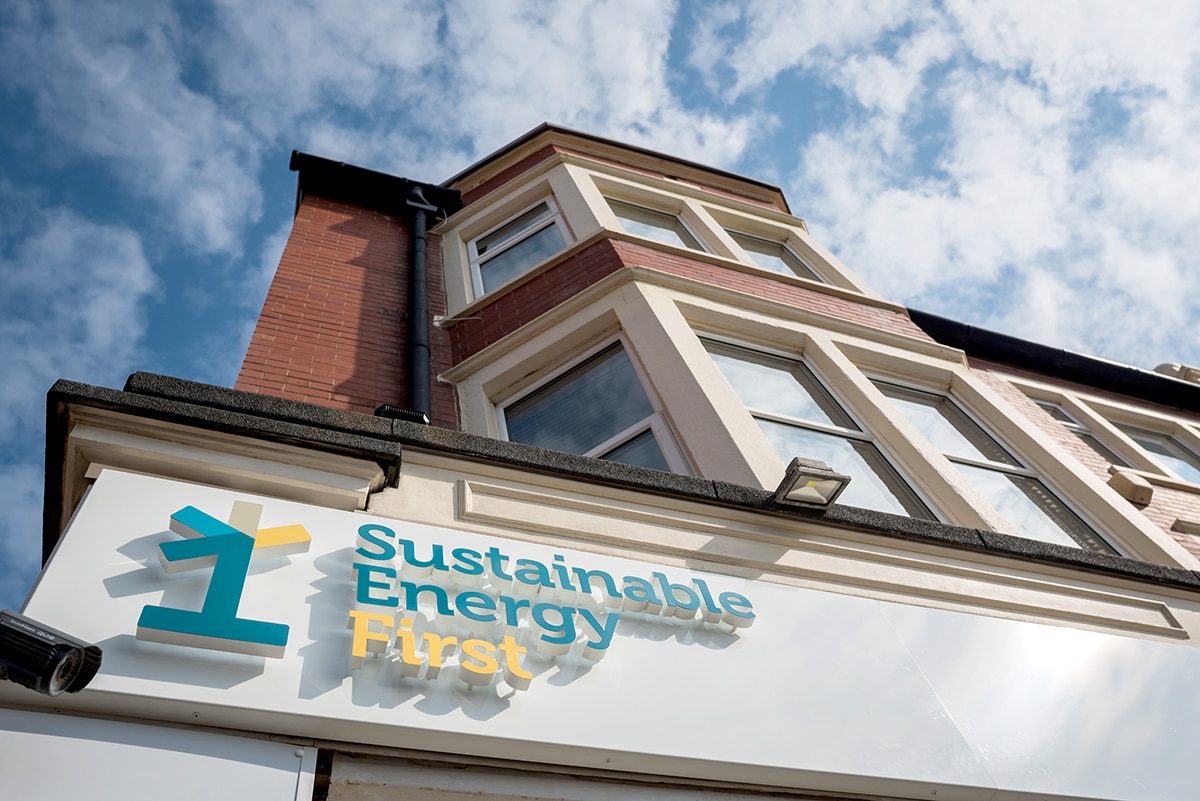A new fleet of nuclear plants is at the centre of the Government’s decarbonisation plans, providing responsive baseload power alongside renewables to help the UK meet its zero carbon power strategy. In a statement issued yesterday, Inenco warned that we now need a Plan B to avoid derailing the decarbonisation process and ensure that investment is in place to deliver a secure, carbon-free energy supply into the future.
Inenco media statement – 17/01/2019:
“This news is a serious blow to the UK’s future energy plans and it could have serious repercussions for years to come.
The UK is relying upon a new fleet of nuclear power stations to help keep the lights on by the end of the next decade. Hitachi’s decision to suspend work at Wylfa (and Toshiba’s recent decision to pull out of the Moorside plant in Cumbria) means the nuclear plan is at serious risk of falling through, with just the delayed and costly Hinkley Point C left in the mix.
“We have seen significant reduction in the cost of renewable generation in recent years, with offshore wind close to requiring no subsidy to build, but we cannot rely on solar and wind alone.
The UK must invest in carbon-free generation that can be relied upon whatever the weather, however large storage solutions, hydro-electric projects and tidal lagoons are all extremely expensive options, with long construction times and high risk of overspend – much like new nuclear projects.
This means that small-scale, decentralised generation and storage could play an even more meaningful role in our future energy system, although we would need to avoid the uncertainty that has previously been caused by the removal of benefits and rule changes.
“We urgently need a Plan B to reduce the risk of lights going out in the next decade and to avoid derailing the decarbonisation process.”





